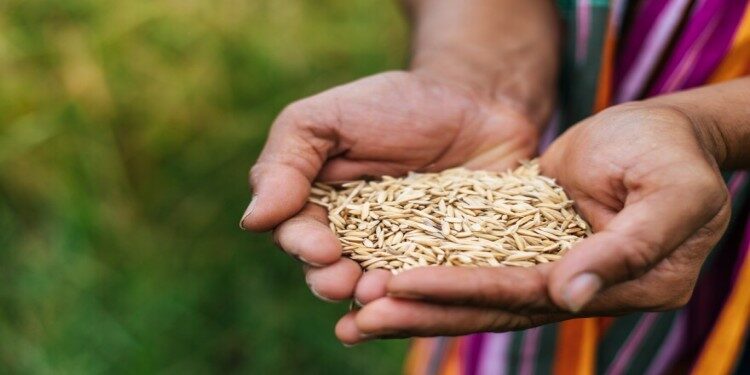In news– The Global Network Against Food Crises (GNAFC) has released the sixth annual Global Report on Food Crises, 2022 recently.
Key findings of the report-
- The Global Report on Food Crises is the flagship publication of the Global Network and is facilitated by the Food Security Information Network (FSIN).
- The Report is the result of a consensus-based and multipartner analytical process involving 17 international humanitarian and development partners.
- As per the report, some 40 million more people globally experienced acute food insecurity at crisis or worse levels in 2021 than 2020.
- Of these, over half a million people (570,000) in Ethiopia, southern Madagascar, South Sudan and Yemen were classified in the most severe phase of acute food insecurity.
- The document showed that around 193 million people in 53 countries or territories experienced acute food insecurity at crisis or worse levels in 2021.
- The key drivers behind rising acute food insecurity in 2021 were:
- Conflict (main driver pushing 139 million people in 24 countries/territories into acute food insecurity, up from around 99 million in 23 countries/territories in 2020).
- Weather extremes (over 23 million people in 8 countries/territories, up from 15.7 million in 15 countries/territories).
- Economic shocks – (over 30 million people in 21 countries/territories, down from over 40 million people in 17 countries/territories in 2020 mainly due to the fallout from the COVID-19 pandemic).
- The number of people facing crisis or worse (IPC/CH Phase 3 or above) nearly doubled between 2016 and 2021, with unabated rises each year since 2018.
The Global Network Against Food Crises (GNAFC)-
- Founded by the European Union, FAO and WFP at the 2016 World Humanitarian Summit, the GNAFC is an alliance of humanitarian and development actors working together to prevent, prepare for and respond to food crises and support the Sustainable Development Goal to End Hunger (SDG 2).
- It seeks to reduce vulnerabilities associated with acute hunger; achieve food security and improved nutrition; and promote sustainable agriculture and food systems, using a ‘3×3 approach.’
- This involves working at the global, regional and national levels to support partnerships within existing structures and to improve advocacy, decision-making, policy and programming.
Food Security Information Network (FSIN)-
- It is a global initiative co-sponsored by FAO, WFP and International Food Policy Research Institute (IFPRI) to strengthen food and nutrition security information systems for producing reliable and accurate data to guide analysis and decision-making.
- FSIN serves as a neutral technical platform for exchanging expertise, knowledge and best practices, developing harmonized methods and tools, and facilitating capacity development on food and nutrition security measurement and analysis.
- It promotes timely, independent and consensus-based information and highlights critical data gaps.
















